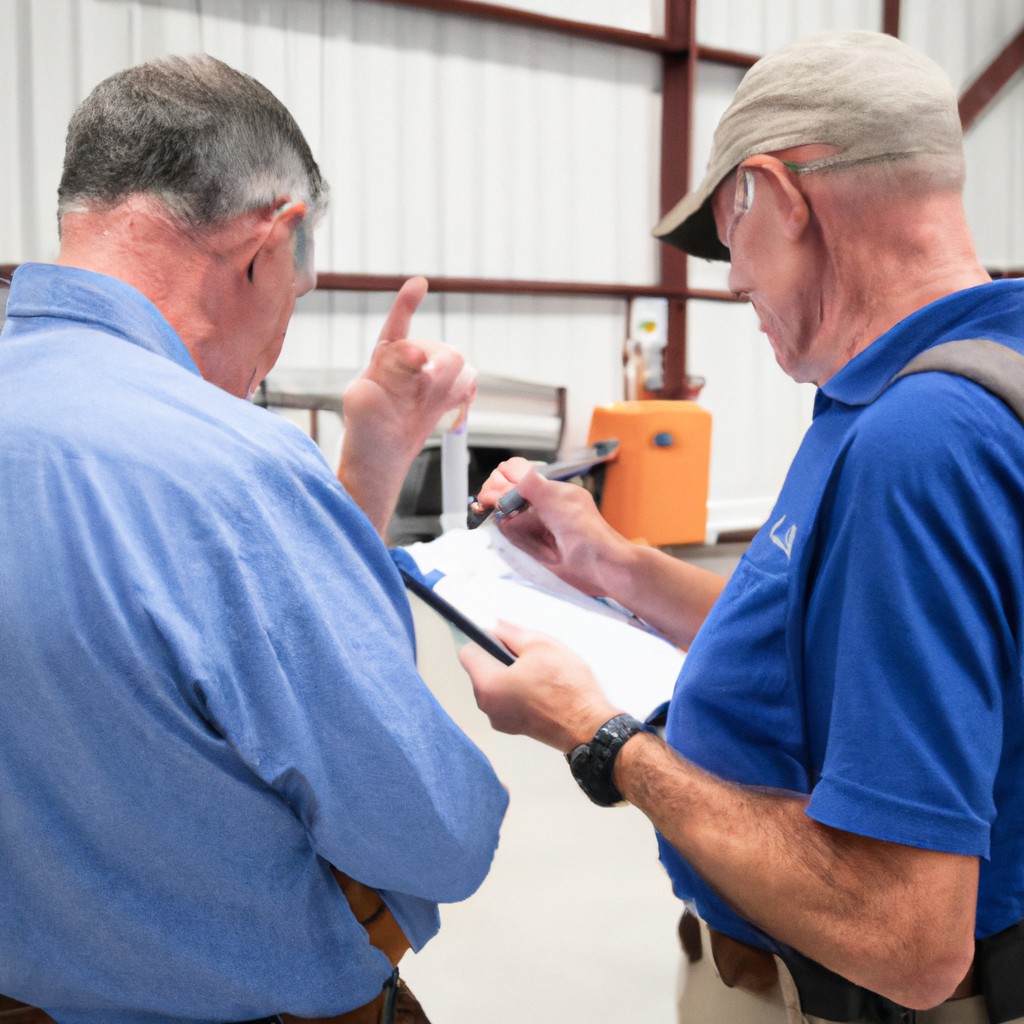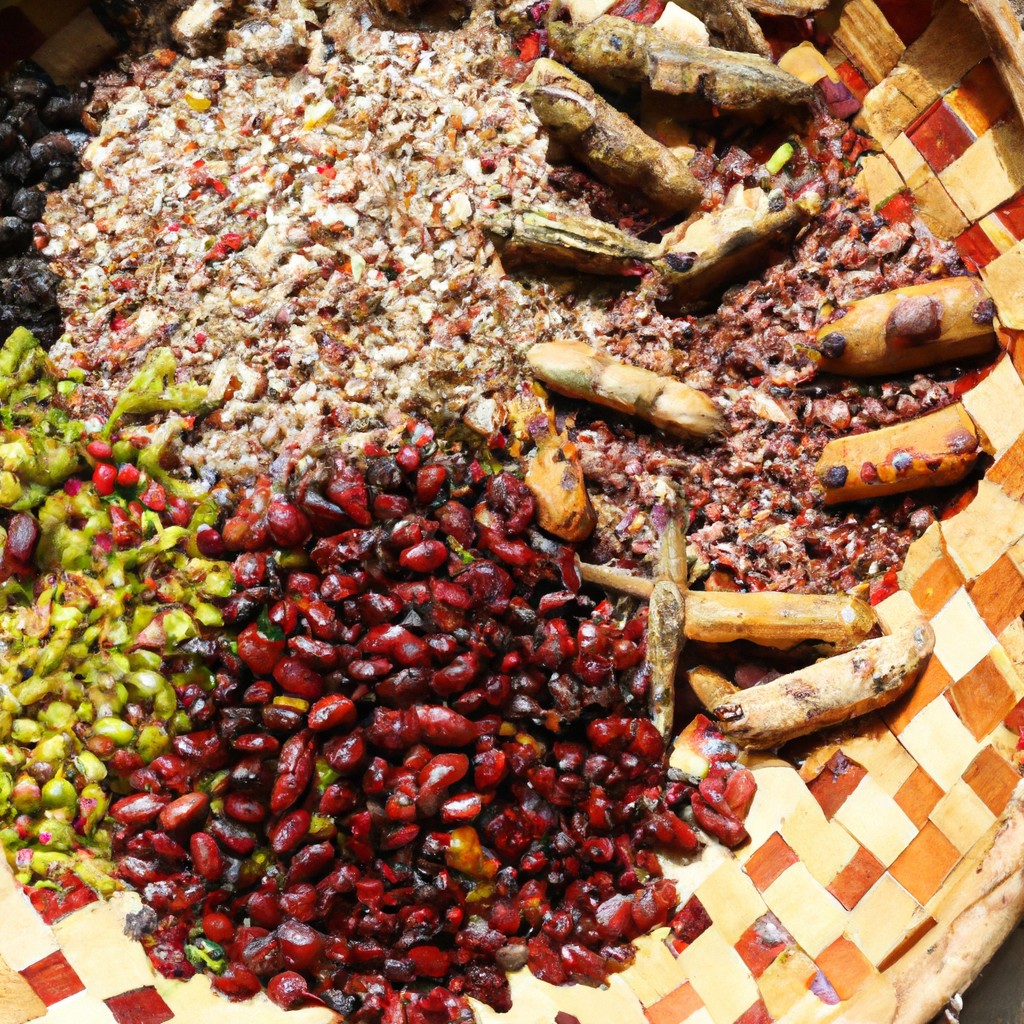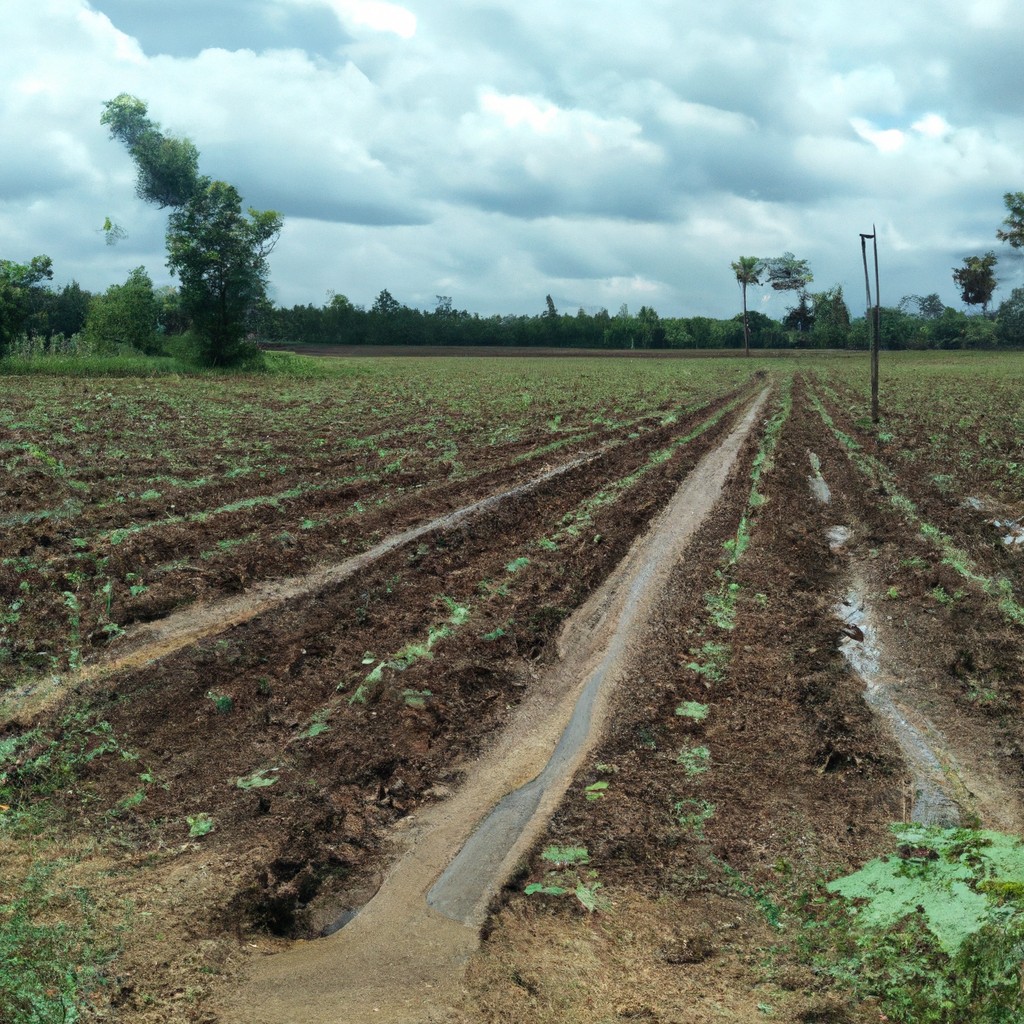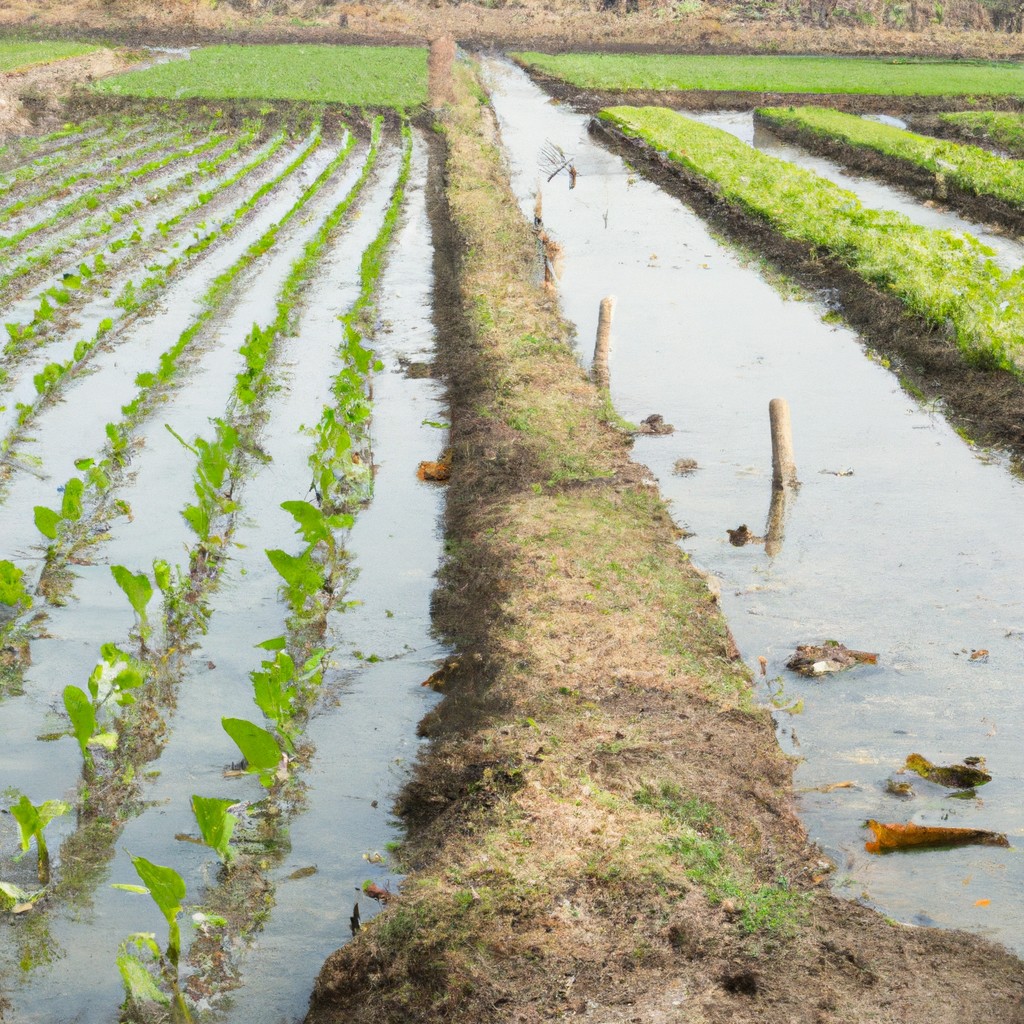Urban farming, within the context of AP Human Geography, refers to the practice of cultivating, processing, and distributing food in or around cities.
Look Inside:
Definition
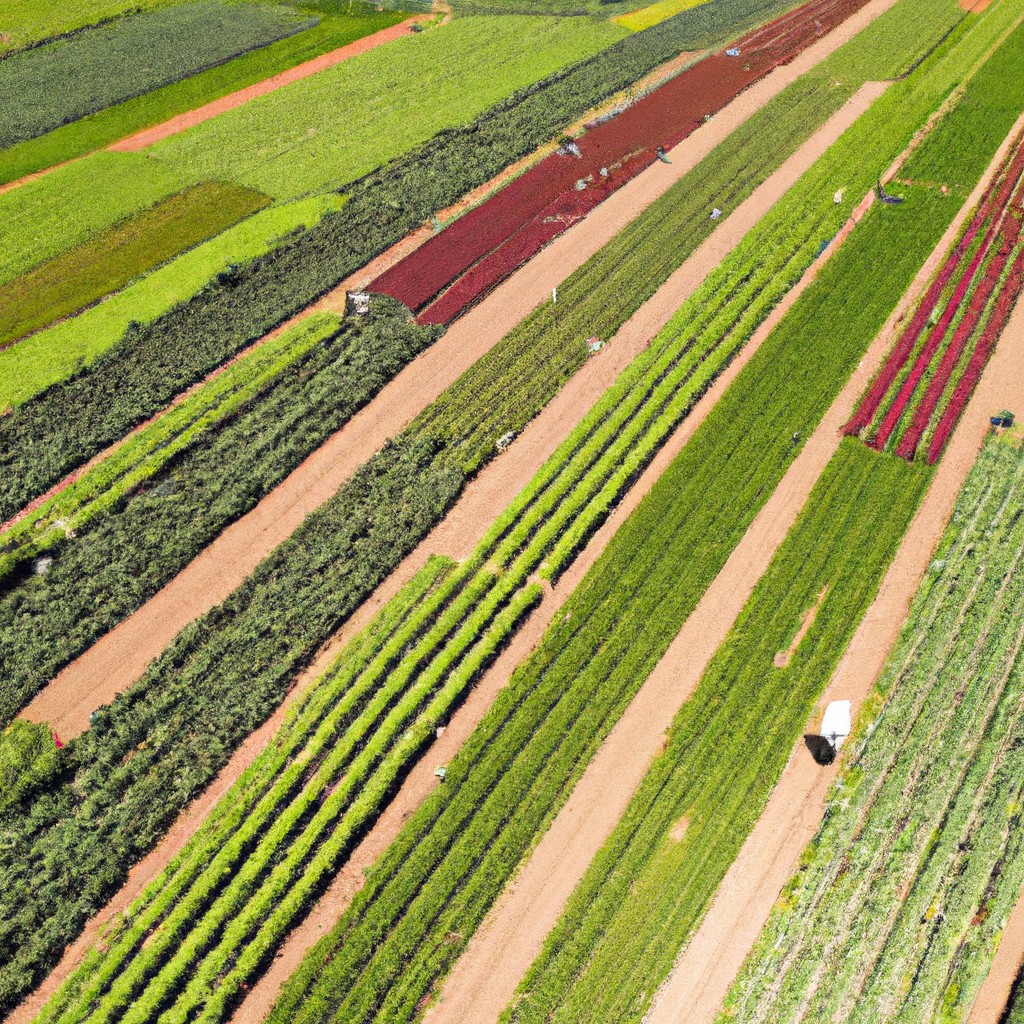
Urban farming is essentially the practice of cultivating, processing, and distributing food in or around urban areas. It’s like having a little piece of countryside right next to your favorite coffee shop. You might find it on rooftops, vacant lots, or even hanging out in containers on a balcony.
One key aspect is its adaptability to space constraints. Think vertical gardens and hydroponic systems that save a ton of room while still churning out fresh produce. It’s farming at its finest, compact edition.
And let’s not ignore the tech-savvy twist. Many urban farms utilize smart sensors and automation, so they can grow greens with a little digital help. Picture a garden that texts you when it needs watering. Yes, really.
Community is a big part of this too. Urban farms often become social hubs, where locals can grow veggies, share tips, and occasionally just sit and smell the basil.
Urban Farming Practices in AP Human Geography
Imagine skyscrapers with greenery cascading down their sides, rooftops with tomatoes basking in the sun, and old shipping containers bursting with lettuce. This is the essence of what’s transforming urban landscapes. These practices often include vertical farming, where crops are grown in stacked layers, and rooftop gardens, maximizing every inch of urban space. Hydroponics, the method of growing plants without soil, is another popular technique, allowing for efficient use of water and nutrients.
Community gardens are also sprouting up in vacant lots, turning neglected spaces into productive green oases. These gardens don’t just grow food; they cultivate community interaction, offering a shared space for residents to bond over their common love for fresh produce.
Innovative practices like aquaponics are making waves too. Combining fish farming (aquaculture) with soilless plant cultivation (hydroponics), it creates a symbiotic environment where fish waste provides nutrients for the plants, and plants help filter the water for the fish.
And let’s not forget container gardens, which are perfect for those with a limited footprint. Old buckets, cans, and pots are repurposed to grow a surprising amount of food, demonstrating that where there’s a will, there’s a way (and a tomato plant).
All these methods are not just about growing food; they’re about making cities more sustainable, resilient, and self-sufficient. It’s farming reimagined—where the countryside meets the concrete jungle.
Debates Surrounding Agricultural Innovations
Agricultural innovations in urban farming stir up plenty of chatter. Some folks argue it’s the bee’s knees, solving food scarcity and promoting local economies. Others worry it could be a glorified veggie garden, not a real game-changer.
First up, technology. Advanced systems like hydroponics and aquaponics are revolutionary but can be pricy to set up. Is it accessible for everyone, or just a shiny toy for the tech-savvy?
Then there’s land use. Urban spaces are limited and pricey. Can cities afford to turn valuable real estate into urban farms when housing is already a crunch?
Also, what about environmental impact? While urban farms can cut down on transport emissions, they do require energy for lighting and climate control. Is it a win overall or just a shift in the energy burden?
Next, food security. Supporters say urban farming boosts local food supplies. Critics argue the scale might never be large enough to replace conventional agriculture.
Finally, there’s the social aspect. Urban farms can double as community hubs and education centers. Yet some skeptics question whether these benefits outweigh the cost and effort involved.
Urban farming innovations—hero or hype? The debate rages on.
Impact: Economic, Social, Energy Efficiency, Carbon Footprint, Reduction in Ozone and Particulate Matter, Soil Decontamination, Noise Pollution, Nutrition and Quality of Food
Time to dig into the goodies! Urban farming isn’t just a trendy gardening hobby; it’s a powerhouse of benefits.
On the economic front, urban farming creates local jobs and boosts community economies. Farmers’ markets in city settings make fresh produce more accessible and affordable.
Socially, it’s a neighborhood hero. Urban farming brings communities together, turning vacant lots into vibrant social hubs. It also educates city folk about where their food comes from, reconnecting a lost link to nature.
Energy efficiency? Check. It reduces the need for transportation, slashing fuel costs and emissions. As for your carbon footprint, it’s the ultimate slim-down plan. Fresh greens grown locally don’t travel far, meaning less fuel burned and fewer greenhouse gases.
Imagine less ozone and particulate matter in your air. Yep, urban farms help with that too. They act like green lungs, scrubbing the air clean.
Think decontaminating soil sounds like sci-fi? Urban agriculture can help cleanse toxic soils through phytoremediation, which involves plants naturally absorbing pollutants.
Even noise pollution gets a chill pill thanks to urban greenery, which can act as a natural sound buffer.
Nutrition? Top-notch. Urban farming means fresh, organic produce within reach. The quality sky-rockets as the food goes from farm to table in no time at all.
So, not only are you munching on the freshest tomatoes ever, but you’re also making your city a better place to live. Cool, right?
Benefits
Reduced travel time means fresher food on your table. Urban farming slashes the distance food needs to travel, cutting down on carbon emissions. Plus, it’s fresher than the morning breeze!
Property value? Check. Communities with urban farms often see a boost in real estate, so your lettuce patch might just be a new-age goldmine.
Want a sense of community? Grow some tomatoes! Urban farms are social hotspots, where neighbors become friends over rows of greens and zucchinis.
Let’s not forget the pocketbook. Growing your own veggies can save you bucks. Fancy organic kale prices at the store? They’re no match for the kale you grow on your balcony.
And there’s the health factor. Fresh, locally-grown produce can boost nutrition, giving city-dwellers their much-needed vitamin fix right from their backyard.
Your plants are even eco-warriors. Urban farms can help suck up that nasty urban pollution, improving air quality. Who knew spinach could be so heroic?
